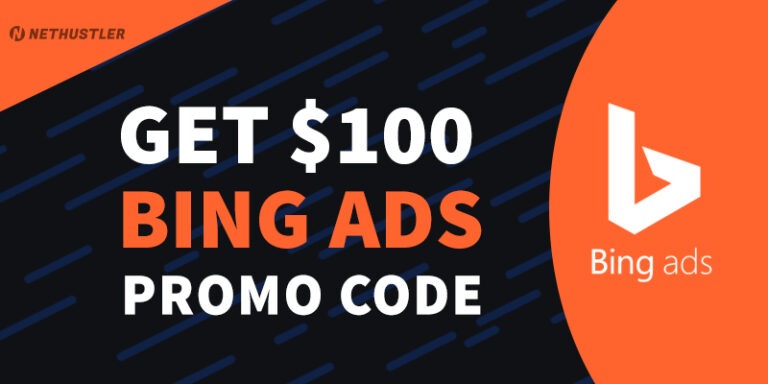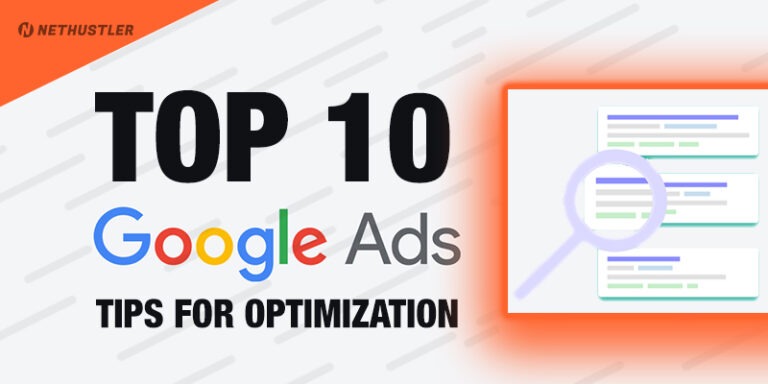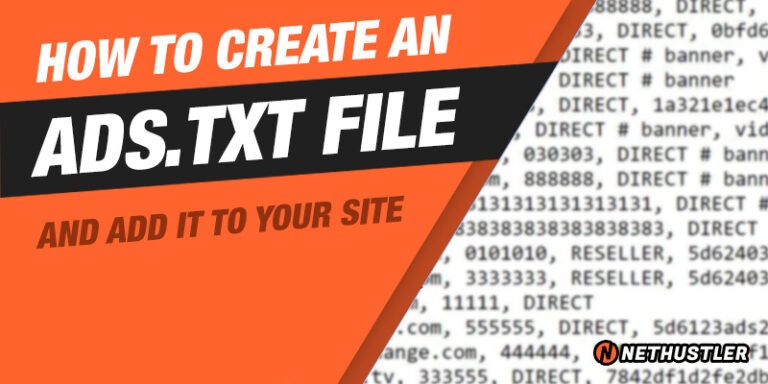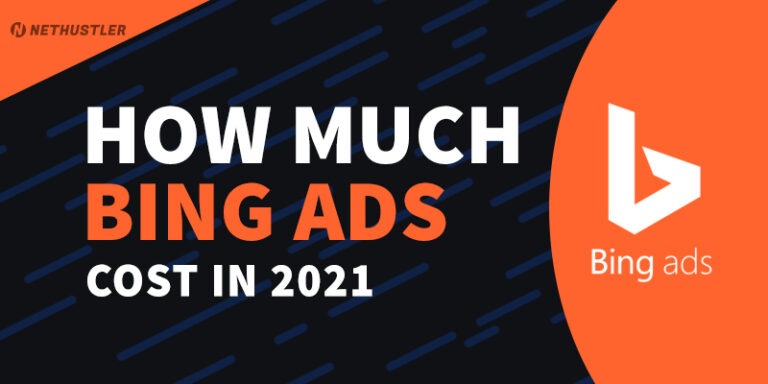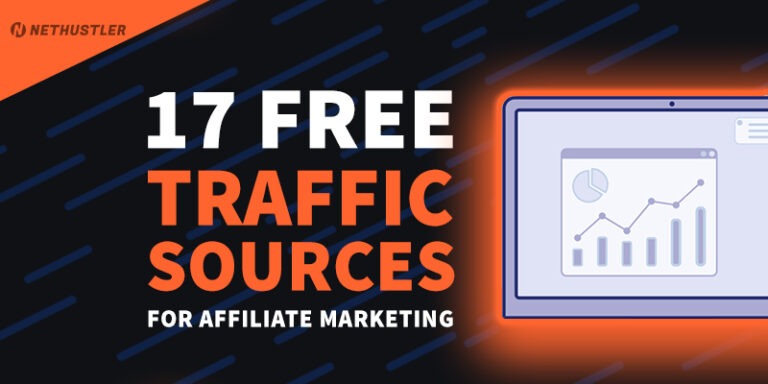What is Native Advertising and How to Do It Correctly in 2024
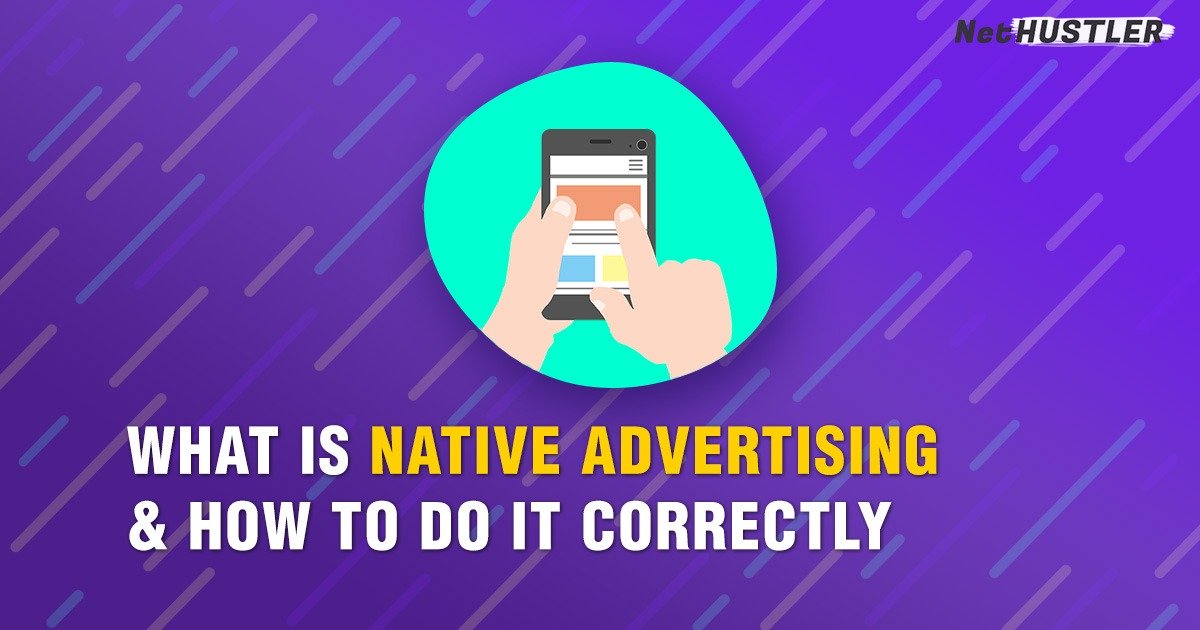
Do you want to know what is native advertising? I mean I’m sure you’ve heard it by now, especially if you’re an online marketer, but if you have no clue, continue reading this article.
I will explain to you what native advertising is and how to do it correctly in order to send quality traffic to your website using these great ads.
What Is Native Advertising?
We usually call native advertising the ads that closely resemble the look and feel of a website’s content.
For example, if you go on Facebook, as I’m sure most of us do on a daily basis, you will see sponsored posts that look and feel like they are natural user posts.
Instead, these are not natural posts from your friends but instead, they are ads. So that’s why we call this native advertising because the ads closely resemble the look of the website.
These types of ads are pretty popular these days, and you’re more than likely seen them on all the big and popular websites out there like news sites, for example, CNN, and Washington Post, MSN, BBC, Yahoo pages, and many more.
Native ads are a very good way to advertise your website because not only they are not intrusive like regular banner ads, but they also are more closely related to the content that the user is reading in most cases.
These days, many marketers and agencies out there will use native advertising to promote websites, products, and services. Including myself.
I use native ads, almost daily now for like the past five years, and I have dozens of native ad campaigns running all the time in different native advertising networks, and they work great.
These native ads can be used to promote pretty much anything for example you can send quality traffic to your website, blog, services, products, etc.
Even if you’re an affiliate marketer, you can use native advertising to promote affiliate products and CPA offers. More on this later.
Native ad formats
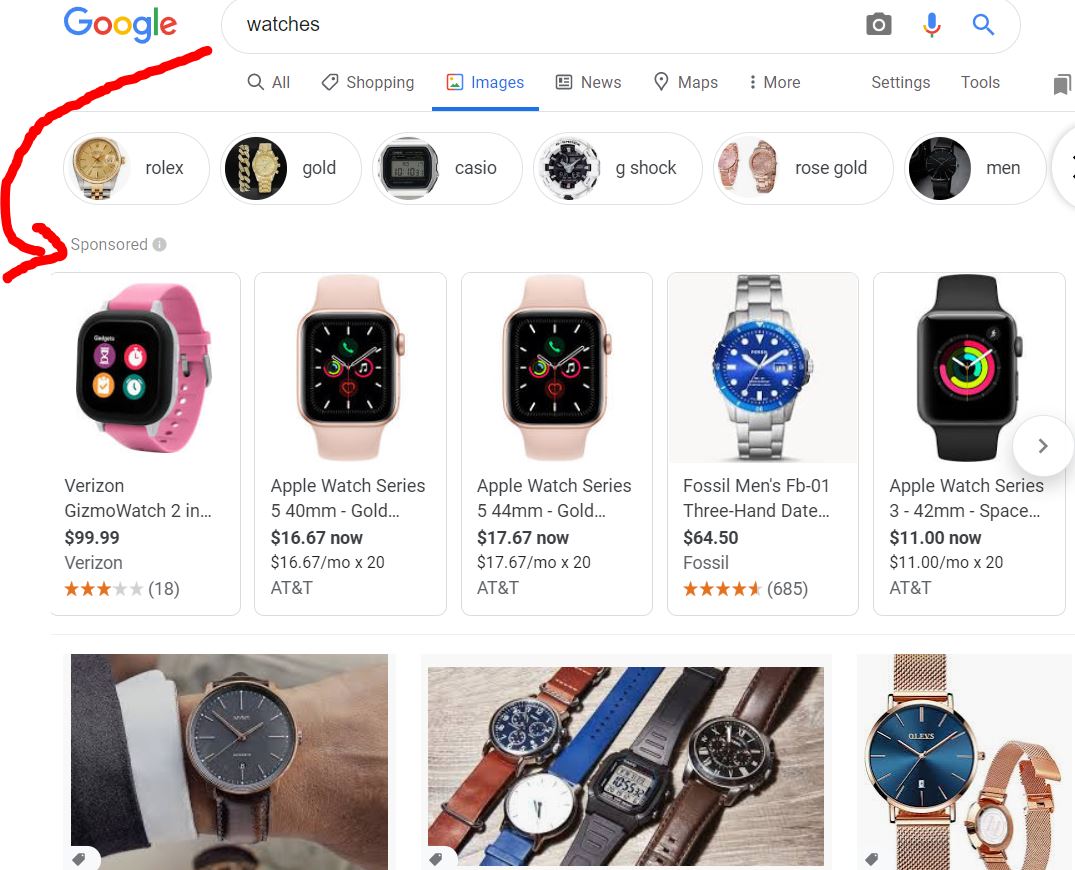
There aren’t many native ad formats compared to the more traditional ads.
All native advertising formats have the same purpose: to blend in as best as possible within a site’s or app’s content in order to not be as intrusive and as spammy as traditional banner ads and to be able to be read and enjoyed by all audiences.
One native ad format is sponsored content, for example, these are posts and articles that we’ll see on sites like BuzzFeed, for example, that talk about a product or service in a fun and creative way.
Another native ad format can also be the paid search results that you see in search engines like Google, Bing, and Yahoo. These ads follow the same rule and principle of native ads, and they blend perfectly with the rest of the search results on the page.
They will however have a little tooltip or an icon indicating that these are ads instead of the normal results, but usually, though, many people won’t know the difference and they will think that they are regular search results.
But the more popular ones and the more popular native advertising formats to are used to are the ones that you are seeing in feed, like the Twitter ads, Facebook ads, LinkedIn ads, Pinterest ads, and all that jazz.
But the most popular native ad format is the native advertising widgets with related content that you will more than likely see on a lot of websites on the internet.
These days pretty much every popular website out there will use native ad widgets from networks like Outbrain or Taboola in order to increase their revenue.
Native advertising examples

Okay, so let’s look at some native advertising examples. These are the ads that I’m talking about and this is what they look like. Most of the time, they will have a short headline before you will see the actual ads, for example, you will see words such as:
- Sponsored Posts
- Recommended Articles
- Popular Right Now
- Users in Your Location, are Reading This Right Now
- Also Popular in Your Location
- Sponsored Content
- Sponsored Articles
- Sponsored Ads
In general native ads will have a title, an image, and maybe a short paragraph or description under the image.
Most of the time, the headlines, or the image will be very clickbaity, and the advertisers will try as much as possible to achieve a high CTR (click-through rate) and try to get as many users as possible to click on their ads.
Some lesser popular networks will allow advertisers to use more extreme graphic images (such as adult-related, shocking, violent, etc), while others more popular and reputable ones like Outbrain, Taboola, Revcontent, will be very strict and only allow images that are suited for all audiences and age groups.
Native advertising networks and platforms
So let’s talk a bit now about the native advertising platforms and networks that are out there for you to sign up and advertise on.
Some of the most popular native ad networks right now are Outbrain and Taboola, these two just recently merged together, and more than likely in the future, we’ll see them working under one brand and one website only.
Other great native ad platforms are:
- Revcontent
- Yahoo Gemini
- MGID
- Content.ad
- nativeads.com
- PPCMate
- PropellerAds
- Adnow
You can also use Facebook and Twitter ads since most of their ads are native also. But I don’t really recommend them since they are way too expensive and difficult to work with (especially if you’re a beginner advertiser).
I personally tested and worked with all the networks on this list. Sure there might be more native ad networks out there, but if I didn’t test them I don’t write about, because I want to make sure that they have quality traffic that converts, simple as that.
How do you use native advertising
How do you actually use native advertising effectively for your marketing purposes?
Well in order to get started you first have to sign up as an advertiser with one of the native ad networks that I’ve talked above like Outbrain and Taboola and send quality traffic to your website.
You can also use native ads to monetize your website, in this case, you need to sign up as a publisher instead of an advertiser.
Usually, the ad networks will have to review your website before they can approve you, so you need to make sure that your website has quality content on it before you apply.
You can also sign up as both an advertiser and a publisher, especially if you’re doing AdSense arbitrage.
For example, on a couple of my AdSense arbitrage websites that I have, I add native advertisement widgets on them in order to earn more revenue on top of the revenue I get from Google AdSense.
While I also use native ads to send traffic to those websites. Sometimes I even use the same ad network for both jobs, but you can also use native ad widgets on your site from another native ad company and then advertise with another ad network.
So after joining a few networks as an advertiser, it’s time to create the actual ads, below you will find a few tips that I use in order to create great ads and headlines that generate clicks and have a high CTR.
It’s important to have a high CTR on your native ads, even if the ad network charges you on a CPC (cost per click) basis. Because if you have a higher CTR than other ads, your ad will be shown more instead of others, so you can get even more exposure and clicks.
But if your native ad network charges you for CPM (cost per mile or cost per 1000 impressions), then you really want to make sure that your ads CTR is as HIGH as possible, because you don’t want to spend $100 for 10 clicks.
How to write good native ads headlines
Alright, so many marketers and advertisers struggle with creating great native ad headlines that have a high CTR. I will now give you a few of my tips and tricks on how to create great native advertising headlines.
You have to remember that with native advertising, your whole goal is to make your users click on the ads. Otherwise, it’s all for nothing and your marketing campaigns will fail.
Include numbers into your title
I’m sure by now you’re all familiar with articles and listicles that will have numbers in their titles for example:
- 34 Dogs That Will Brighten Your Day
- 15 Foods You Shouldn’t Eat Before Bed
- Stop Eating These 15 Foods if You Want to Lose Weight
- 20 Drinks That Will Help You Run Faster and Longer
Ask Questions
A second tip is you want to create questions in your titles, for example:
- How to lose weight and keep it off for good
- How to sleep if your partner is snoring?
- How to run longer if you’re just starting out?
- How to get your ex back fast
- What happens if you swallow a penny?
- Can you get sick if you eat gum?
- Is it safe to eat chocolate after fish?
Create Emotion With Great Words
You also want to use words that trigger an emotion for the readers that makes them intrigued and curious to click on the ad and visit your website or offer. Use words such as:
- Free
- Easy
- Effortlessly
- Painless
- Secret
- Everyone
- Scientific
- Facts
- Proof or Proven
- Special
- Ultimate
- Tired
- Discover
- Simple
- New
- Revolutionary
- Genius
- Impressive
- Hack
- Irresistible
- Beautiful
- Inspiring
- Healthy
Focus on the image
Don’t forget to also focus your attention on the image that you will use for your ad. This image needs to be of high quality and super related to the subject of the ad.
Depending on the ad network that you’re working with, you can use riskier images (for example images of people that show a bit of skin or that are shocking, or images made for mature audiences like gambling ads).
Bonus tip: use spy tools
You want to use a digital marketing tool like Anstrex when you’re dealing with native advertising. The reason is simple, for a few dollars per month you get to spy on all the major native ad networks and see what people are advertising, what images and headlines are using, what they are promoting, and also if their ads are successful or not.
You can even download the landing pages of every ad, so this is super helpful if you’re doing affiliate marketing or promoting CPA offers, because with 1 single click you get to download a competitor’s landing page that has been tested and proven to convert for other marketers (otherwise they wouldn’t spend money advertising and using that landing page if it wouldn’t convert).
So yeah using a spy tool like Anstrex is super helpful and a lifesaver sometimes, because it gives you the headstart that you need in order to crush it from the first ad campaign that you create.
Affiliate marketing with Native Advertising
Can you do affiliate marketing with native advertising? Yes, you can. And actually, it’s one of the best traffic that can buy for promoting affiliate products, services, CPA offers, etc.
Ever since native advertising came to popularity a few years ago, I’ve been using this traffic generation method exclusively to promote affiliate products and CPA offers.
But depending on the network that you sign up with, you might not be able to promote everything that you want.
For example, let’s just say you want to promote as an affiliate an ebook from Clickbank that promises readers to help them get rid of diabetes.
Crazy claims like that and useless products that don’t offer a real solution are obviously a big scam and you shouldn’t even try to promote those. So many big native ad networks will not allow you to run ads to those types of products.
But if you go with more normal, more legit affiliate products, and CPA offers, you will find that the quality of the traffic and the price of the native ads are incredible when compared to Google ads or Facebook ads.
So yeah, in short, YES, you can use native advertising to promote your products or even affiliate products and CPA offers. But you have to keep in mind that not all native ad networks will allow you to run ads to products that are obvious scams.
If you want to promote, for example, a product that’s related to health, like a losing weight product, or some pills for getting rid of depression, you have to make sure that you have all the sources and all the disclaimers in the footer of your website or landing page that explains if the products are certified by the FDA or if they are not.
Another disclaimer should be that the users/readers/visitors to the site should seek medical advice first from their doctor or physician. First, you know, all those disclaimers, I think to have a website and of course need to have them in a bigger font.
You want to make sure that the products are actually good and helpful for the people, and not only good for you to make some quick money, otherwise you won’t be able to scale properly if people realize the products and services you are promoting are crap, but they will also start leaving bad reviews all over the place (or even complain to the native advertising network), and you will have to find something else to promote.
You want to see that the products have great reviews you can even purchase the product for yourself to test it out, or ask the vendors to give you a review copy of the product. This is one of the best things that I can recommend you to do.
Obviously, I shouldn’t even tell you that you should NOT try to promote anything that’s illicit or illegal, like drugs, firearms, alcohol, tobacco products, etc.
Of course, there are some ad networks that allow you to promote gambling and casino offers, but even then you want to make sure that the products and services are real, working, and not a scam.
You can promote pretty much any affiliate products and offers that you want (if they are legit of course), the most popular ones obviously are losing weight products, how to make money, financial products, and services like forex and Bitcoin trading, games, pet products, electronics, etc.
AdSense Arbitrage with Native Advertising
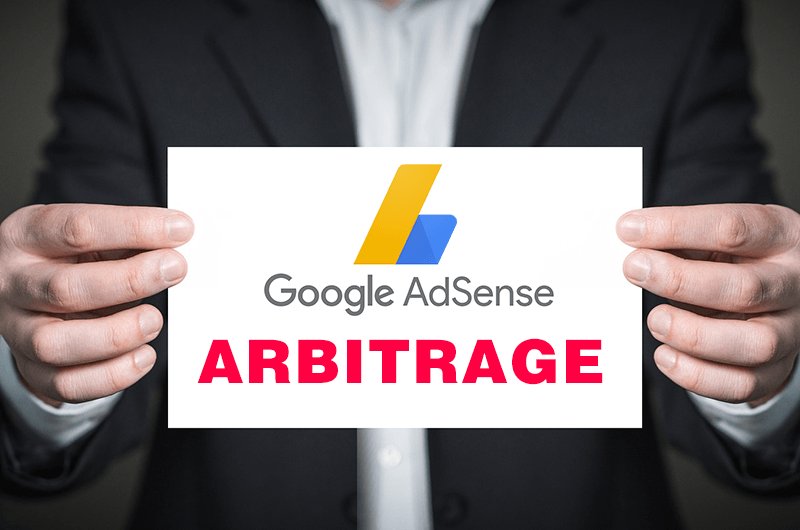
Yes, you can do AdSense arbitrage with native advertising and in fact, it’s probably the best way to do it these days. And, of course, I have a great guide on how to do it. You can check out my AdSense arbitrage guide to learn more in-depth on how to do it properly, and also how to increase adsense earnings.
There are many advertisers and marketers that are doing AdSense arbitrage using native ads and are earning a lot of money, including myself (nice humble brag lol).
All you have to do is to start a blog and write with quality content, get it approved by Google AdSense so that you can make money from their ads, and then promote the articles of this website using native ads, making sure you are spending a lower amount of money than the money you’re making with AdSense.
Some will also use the native ads widgets on their website as a way to monetize the website even more (alongside AdSense) and increase the revenue even more.
You can even use the same native advertising company as an advertiser and as a publisher if you want, and I’ve done it a few times already and it works great.
But yeah, you don’t have to do that you can just have AdSense on your website, and only use native ads to send traffic to it.
Many people ask me if this is legal and if Google can ban your AdSense account. The answer to this is yes, it is legal, and Google cannot simply ban your account just because you’re buying traffic to a website that has AdSense on it.
Here’s a screenshot from Google AdSense Help page regarding buying traffic to your website:
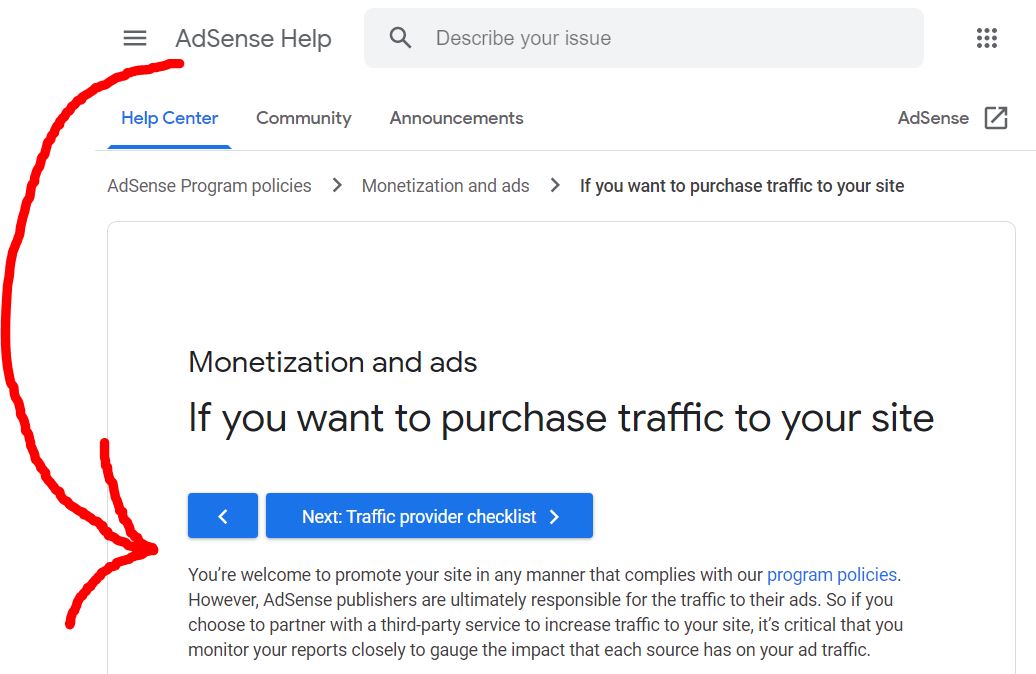
As you can clearly see, you are free to promote your content and website, in any way that you feel like it. And if you pay for advertising, you have to make sure that the quality of the traffic is decent. They just don’t want you to buy traffic that is filled with bots, spam, and generally low and fake quality traffic.
So if you don’t buy traffic from shady ad networks, and, for example, if you don’t buy popup ads and buy traffic “packages” that promise to send you 12,000 visitors for $5 then yeah, you can do arbitrage, especially if you use popular and trusted ad networks like Outbrain, Taboola, and Revcontent and the rest of the ad networks that I’ve talked about above.
All these networks have decent quality traffic but of course, they will have a few publishers and site IDs that will send you some bot traffic but not much maybe 1-5% at max. And you have to make sure that you track all your links in order to block those publishers from sending you traffic in the future.
The ad networks will give you a few macros to work with. Usually, you can just use Google Analytics UTM tags and insert those macros in, and quickly find out the site IDs or the publisher and widget IDs that send you bad traffic.
You can find out if the traffic is bad if you have the macros correctly inserted into your UTM tags and then simply check out your Google Analytics, and see what IDs have a 100% bounce rate or 0 seconds spent on site, etc.
Of course, you want to make sure that your website’s content is unique, you have all the copyrights for images or you bought the images from sites like Shutterstock.
You will quickly get banned for not having unique content or content that’s illegal on your site, than for doing arbitrage, and most of the time buying traffic to your website is not the reason why your AdSense account got suspended or banned.
Also, you don’t want to have too many ads on your website in relation to the content so you have to keep a healthy mix between your content and number of ads on your website.
Last year, Google announced that they took out the limit of three to five ads that you can have on your website, at any time. And now they allow you to have like unlimited ads on your site, but with the condition to also have enough content to support those high numbers of ads.
So don’t have like 300 words of content with 10 ads on your page, because that will get you in trouble. I usually, just keep it to a maximum of three to five ads on every page, even if Google took out the limits.
I simply don’t want to show my users too many ads.
But of course, this is not an AdSense arbitrage guide so if you want to read more about how to do this properly. Go check out my guide on how to do it: AdSense Arbitrage Guide.
Super ultra-secret insane crazy guru ninja tip:
Conclusion: What is Native Advertising?
I hope that by now you’ve learned what is native advertising and how you can use it best to send quality traffic to your website or of your products or services.
If you are a publisher and have a website that receives a decent amount of traffic and you also have quality content on it you can also use these native ads on your website, in order to increase revenue.
You can sign up as a publisher with all the native networks that I’ve talked about before, and now you have another way of monetizing your website and getting even more money.
Native ads are still great in 2020, and I’m sure that as time goes by they will become more popular, and who knows maybe they will totally replace the traditional banners altogether.
With the recent changes to Google Chrome, basically, Google will just filter out all the traditional ads from their browser, and from the website a user is visiting so yeah I don’t know how much time, the traditional ads have left.
And that only means that native advertising will become the new norm and my suggestion to you is to get in right now until it’s not too late. Because for example 15 years ago it was very cheap and easy to advertise on Google AdWords, and now of course you will find high competition from other advertisers with crazy high CPCs like even $10 or more depending on the niche.
And also you can’t really promote affiliate products and CPA offers easily anymore. You can still do it, but it requires you to have more than a simple landing or bridge page, usually, you need to have a full quality website filled with great content and only then you can try to promote affiliate products with AdWords.
So yeah, you want to make sure you get in and start doing native advertising right now when it’s still affordable and when most marketers are still able to get in and buy decent quality and cheap traffic compared to Google and Facebook ads.
You can do affiliate marketing, you promote CPA offers, you can do AdSense arbitrage, and you can send this native advertising traffic to sell a service or a product and pretty much to anything else you want.
Leave a comment and let me know if you have used native ads yourself and how it worked out for you, and any feedback and suggestions that you might have.
Cheers,
Stephen
Frequently Asked Questions
Yes, native advertising is very effective, even in 2020, it’s effective because it’s cheap, and it has a decent quality of traffic. And of course, they don’t annoy the user as much as traditional banners and are not as intrusive. Many people have developed something that’s called banner blindness meaning that they will simply ignore regular-looking banner ads, but with native ads, the ads and content blend just right, so users will know actually see your ads instead of ignoring them.
It means that the ads and the overall look and feel of the ads should closely resemble the look and feel of the website. So if you have a website that has a color scheme with green, orange, and white, the native ads will have the same look, feel, and layout as your website. Unlike traditional ads that have different color schemes and crazy animations and even sound.
Yeah, I believe so because it’s also a form of content marketing. For example, if you write a blog post, and you want to attract visitors to the blog post, then you have to send traffic to it. You know, you can do that freely by posting your article on social media like Facebook or Twitter. Or you can also advertise that same blog post on ad networks, and pay for the traffic, to get it to your site faster.
Yes, of course, native advertising is ethical and also legal. There are people who might think that these ads are being spammy or clickbaity. But I believe that they are ethical as long as you keep it ethical, you know like I’ve said previously, it depends on what you are promoting. If you just promote shady and scammy products then yeah they are not really ethical, but at that point, it was a fail on the ad network for allowing your ads to go live, and not reviewing them properly.
I believe native advertising is successful simply because it’s such a great way to promote your content and products because the users don’t feel bombarded with banners and pop-ups and all those annoying ads that you are more than likely familiar with. These native ads blend in perfectly with the look and feel of the website and are not intrusive at all. They are also very cheap and offer great quality traffic so yeah, that’s why I believe native advertising can be successful (if done correctly).

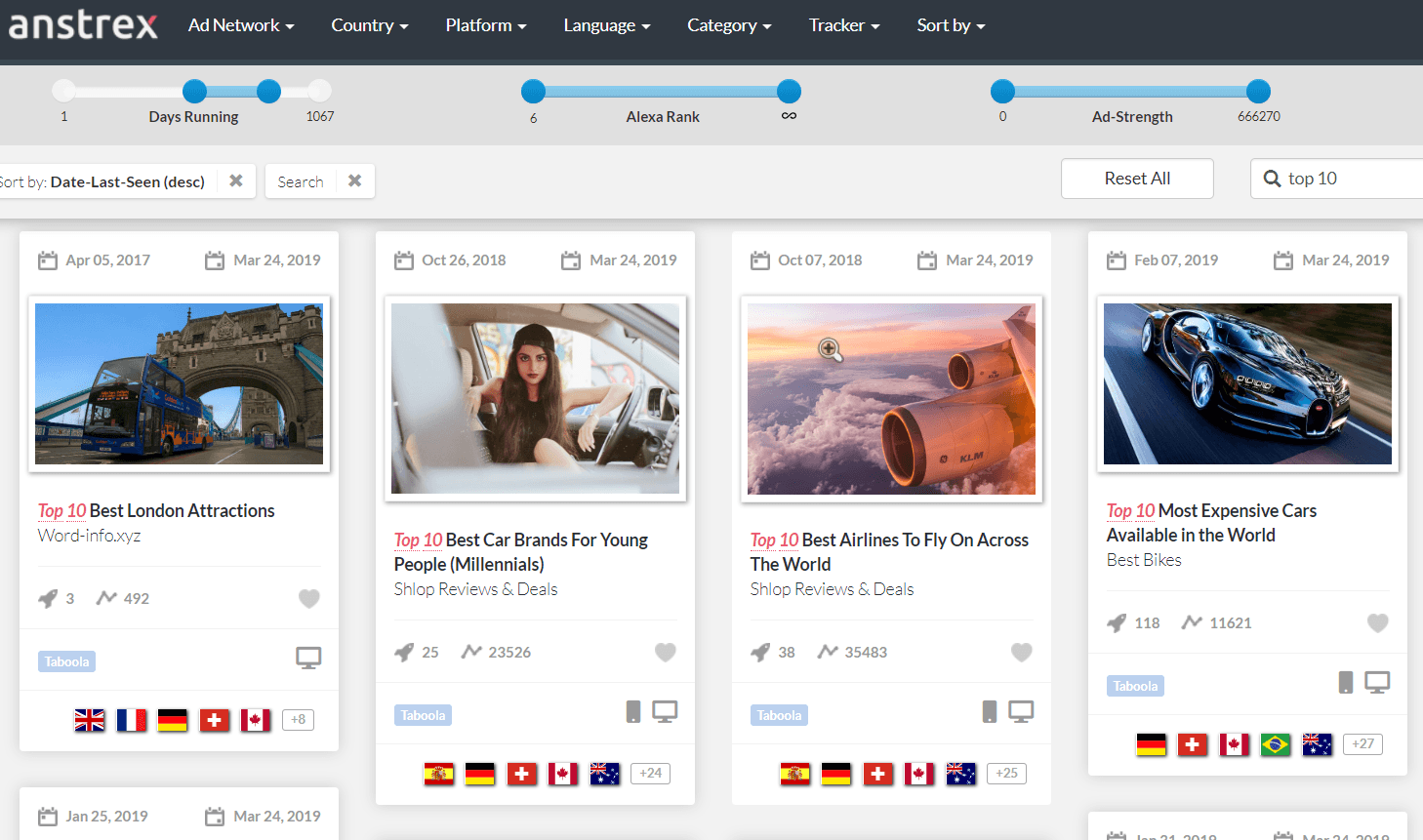
![Affiliate Marketing on Facebook: How to make money [Guide]](https://nethustler.com/wp-content/uploads/2021/04/affiliate-marketing-on-facebook-768x384.jpg)
